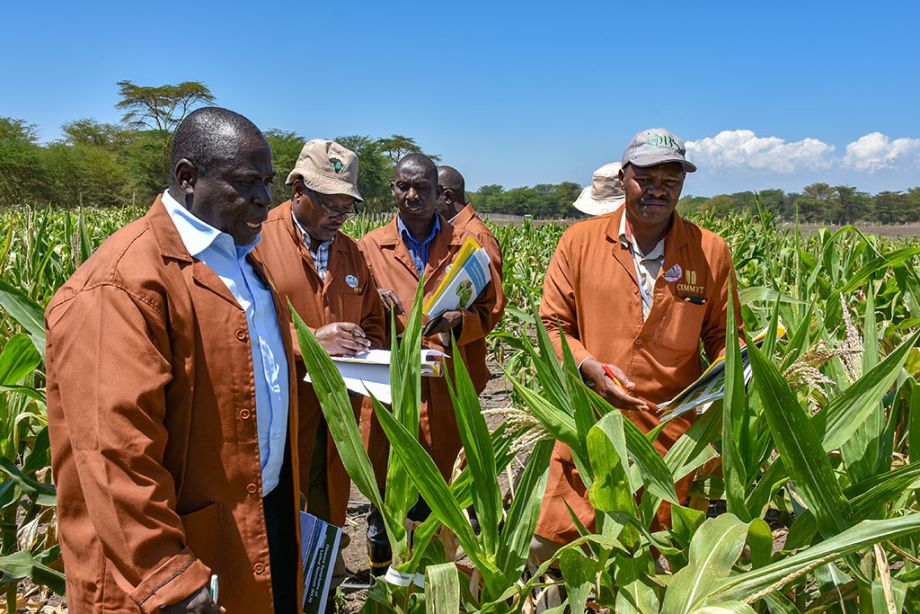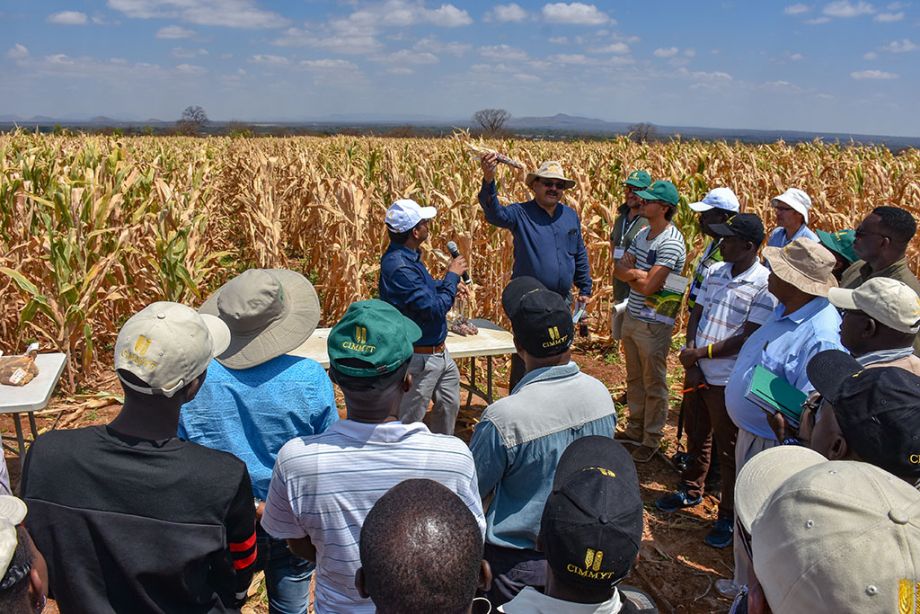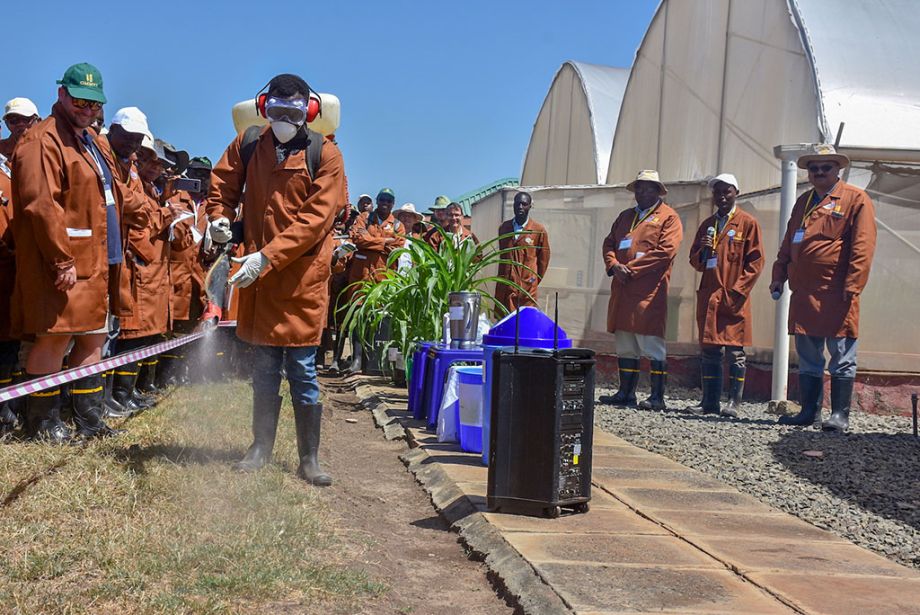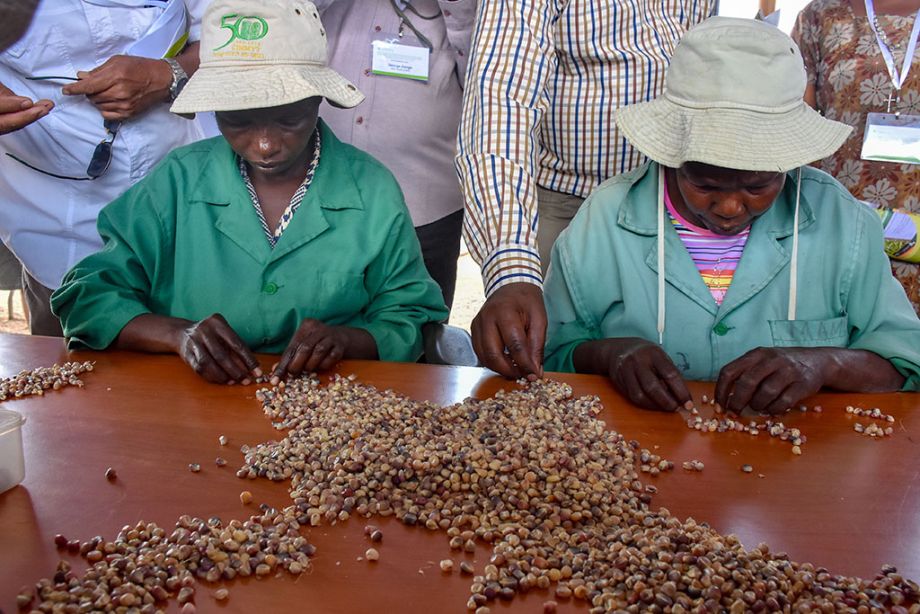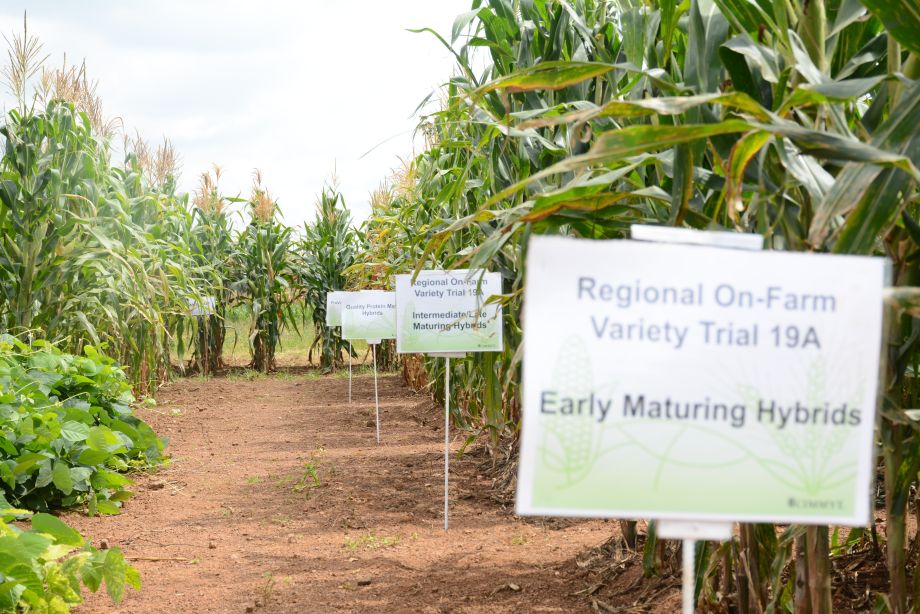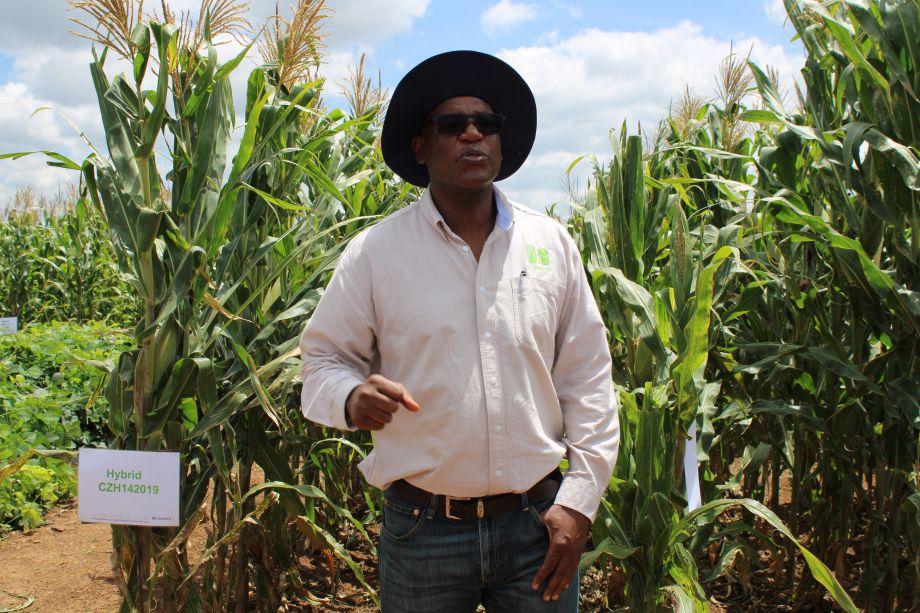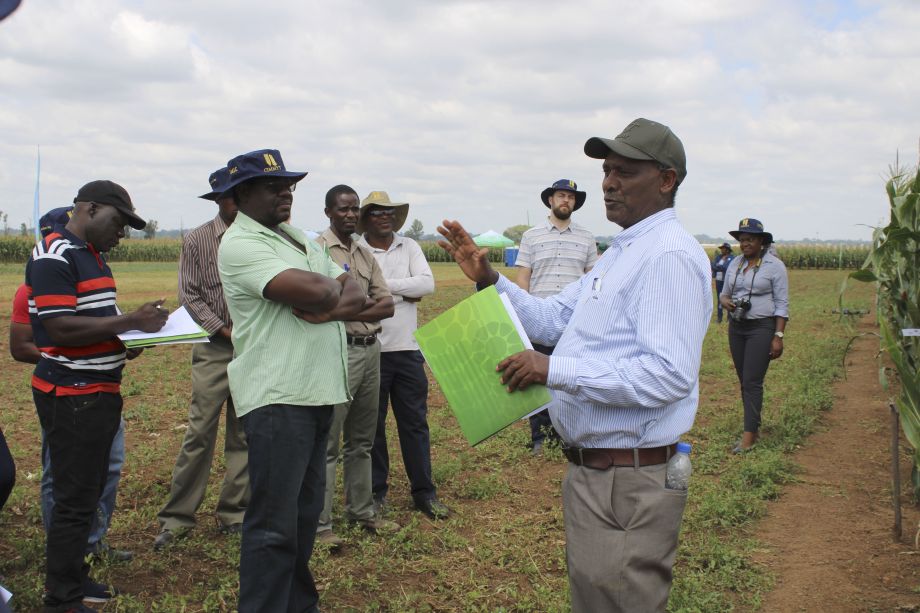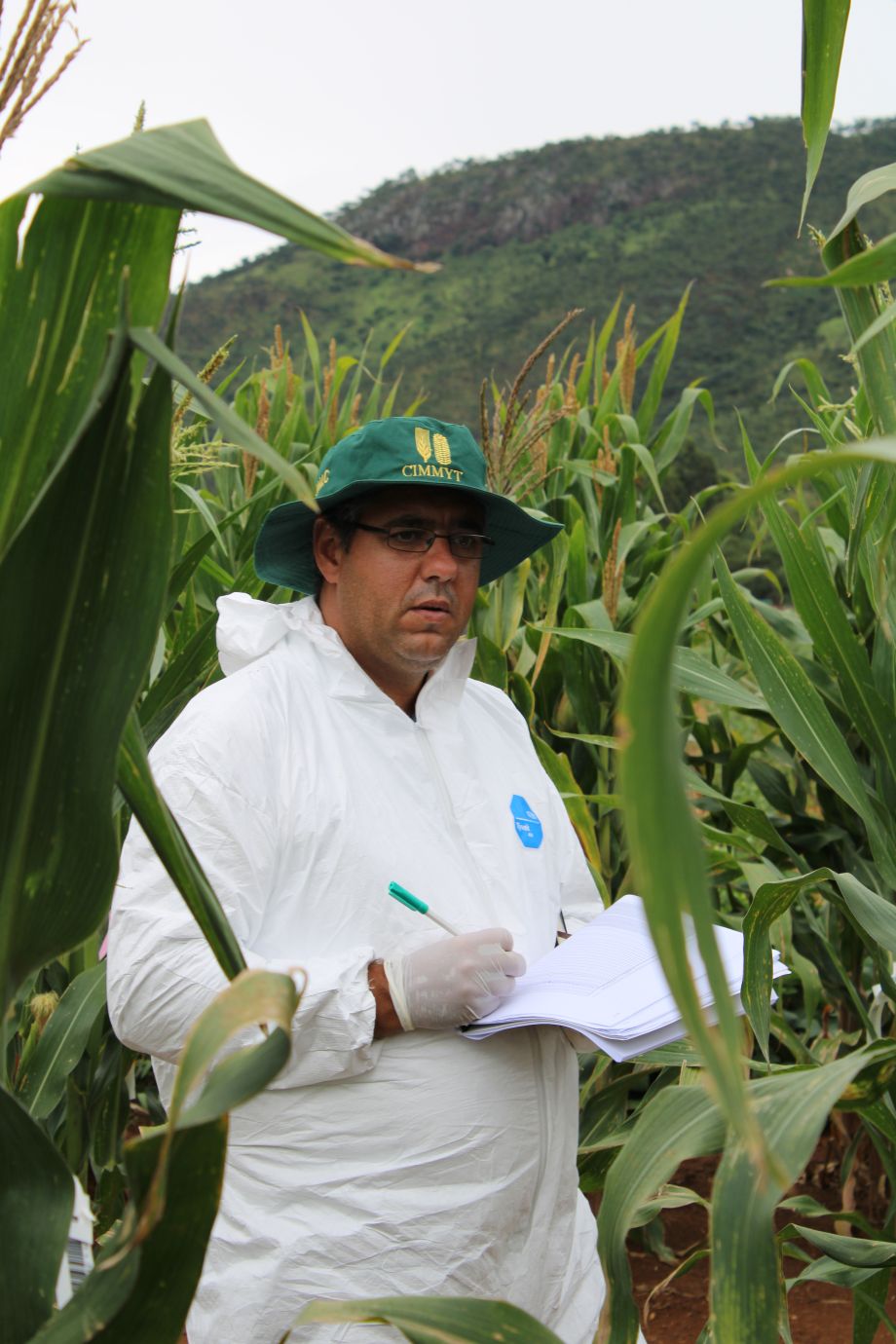IMIC
AFRICA
International Maize Improvement Consortium for Africa


What is IMIC-Africa?
Launched in May 2018, the International Maize Improvement Consortium for Africa (IMIC‐Africa) is a public-private partnership designed to strengthen maize breeding programs in Africa, and thereby improve African farmers’ access to high-quality, affordable, high-yielding and locally-adapted maize seed.
Any organization engaged in maize breeding for the African market is welcome to join the consortium, including national agricultural research institutions, small, medium and large maize seed companies, and international agricultural research organizations. The Consortium members will have access to early-generation maize breeding material, an expansive hybrid evaluation network for robust evaluation of their products on various traits and across diverse agroecologies, training and capacity development opportunities, and value-added research services offered at preferential rates.
Objective
To enhance the capacity of African maize breeding programs from the public and private sectors to develop elite maize hybrids with client-preferred traits (including abiotic stress resilience, disease and insect pest resistance, and high yield potential), for the ultimate benefit of farming communities across Africa. This is achieved through:
- Providing members access to CIMMYT’s early- and advanced-generation maize lines (breeding materials under development), to strengthen and diversify the germplasm used in their own breeding programs;
- Allowing members to test their own pre-commercial maize hybrids in CIMMYT-led multi-location trials;
- Improving members’ access to research services that improve the efficiency and effectiveness of their own breeding programs; and
- Facilitating participation by members’ staff annual training courses.
How IMIC-Africa works
IMIC-Africa provides a platform designed to strengthen the maize breeding programs of its members, and thereby strengthen the whole of the African maize seed industry.
Membership is open to any organization (public or private, large or small) with an Africa-focused maize breeding program, or aspirations to develop one. Membership is tiered, with varying degrees of benefits, obligations, and (in the case of private organizations) subject to a corresponding annual membership fee for meeting the costs associated with catering for the benefits of membership.
In general terms, Consortium membership facilitates access to CIMMYT resources, and helps all members leverage the relative strengths of each of their cohorts. Specifically, this is achieved through four components:
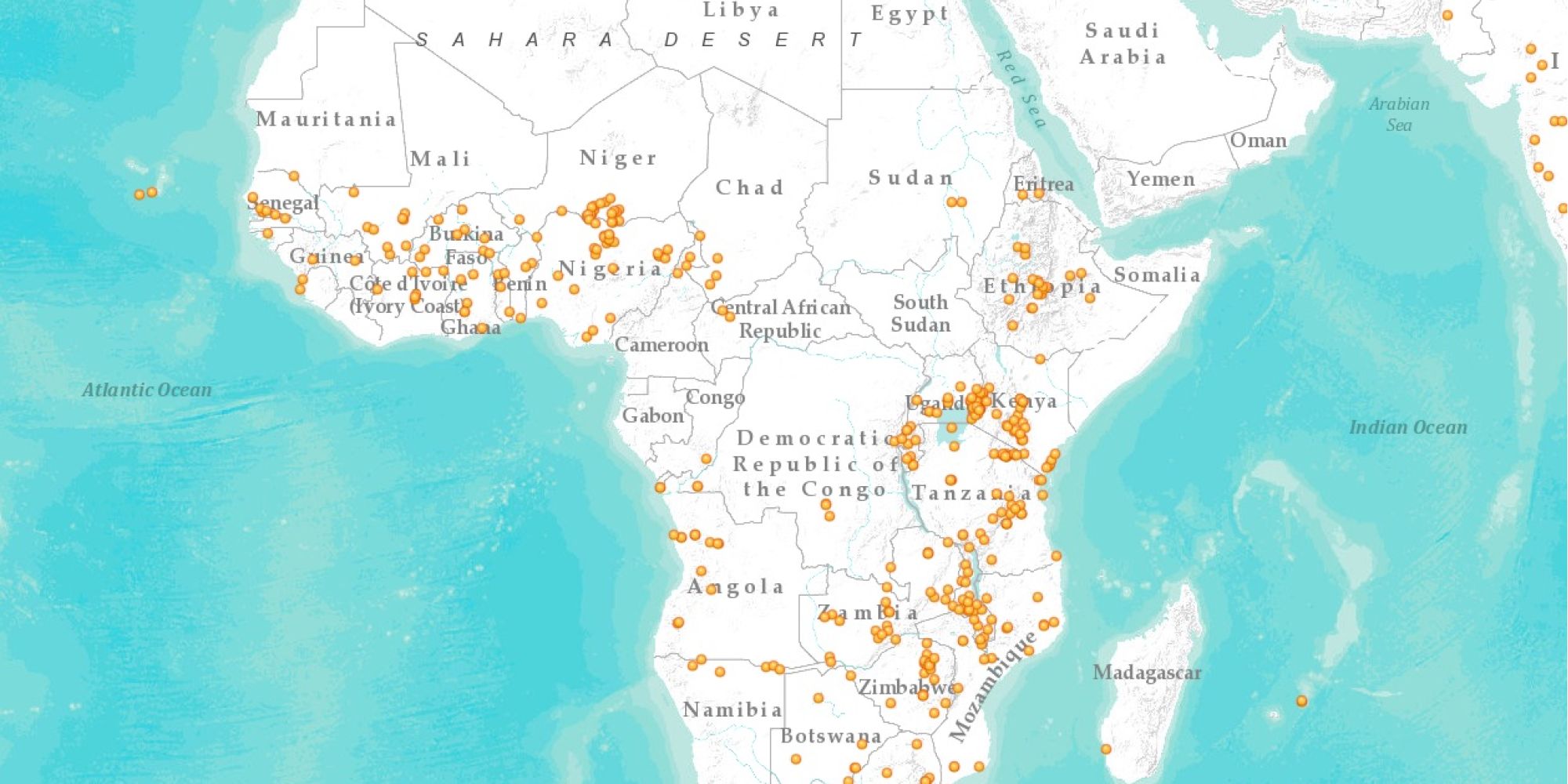
Multi-location Hybrid Evaluation Network
Leveraging the geographical distribution of its members, IMIC-Africa manages a continent-wide hybrid evaluation network. Each member contributes and manages a certain number of testing sites, and is permitted to contribute a specific number of proprietary / joint pre-commercial hybrids for multi-location testing in that network. In this way, each member is able to evaluate the performance of its own maize breeding materials across a much more varied set of environments and environmental stresses than it would be able to on its own. These environments may include random drought, managed drought, low nitrogen (N), maize lethal necrosis (MLN), fall armyworm (FAW), and/or maize streak virus (MSV), depending on the breeding priorities of the members.
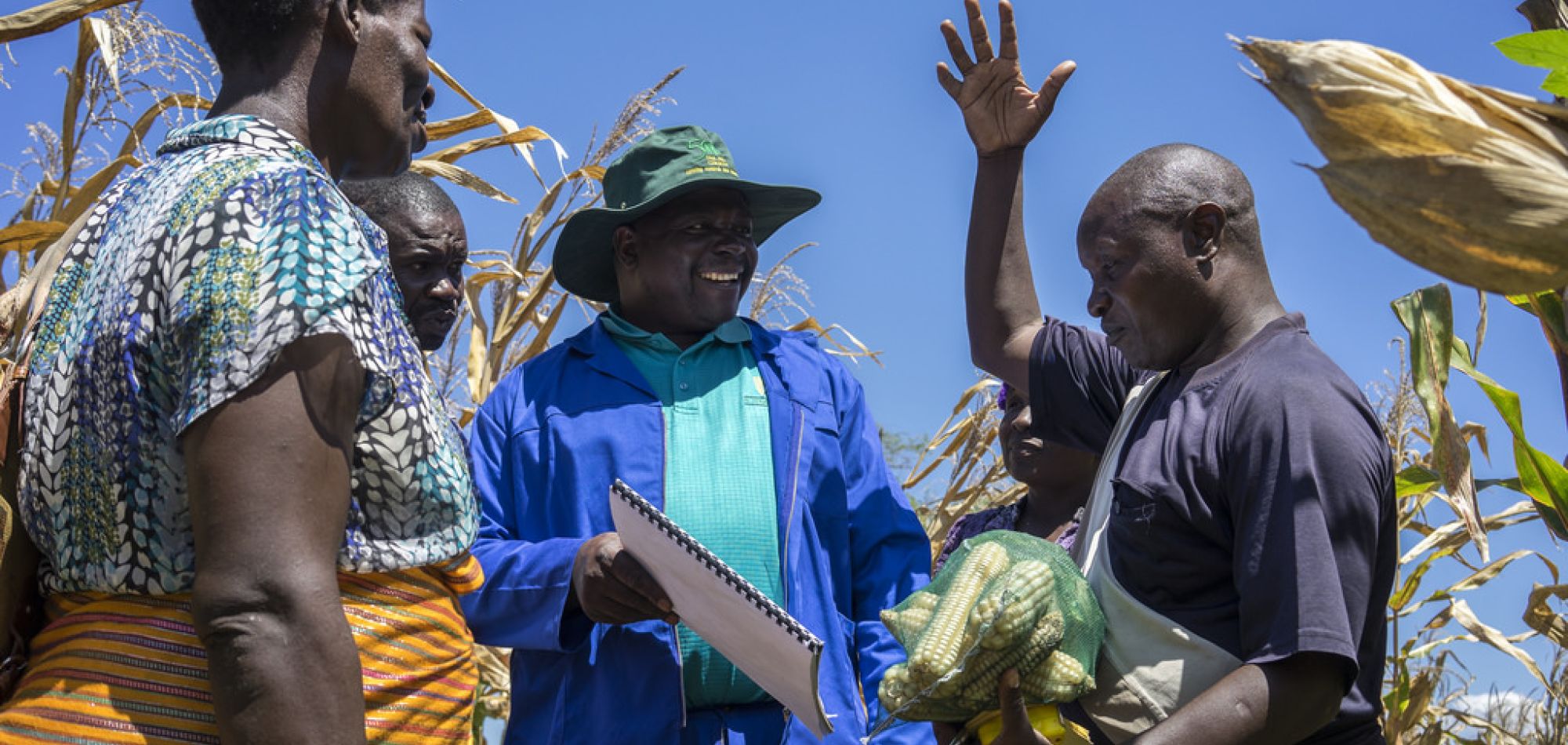
Training Opportunities
IMIC-Africa members may nominate a certain number of scientists, technicians, and/or seed system specialists for training courses each year. These limited-capacity courses are facilitated by CIMMYT expert scientists.
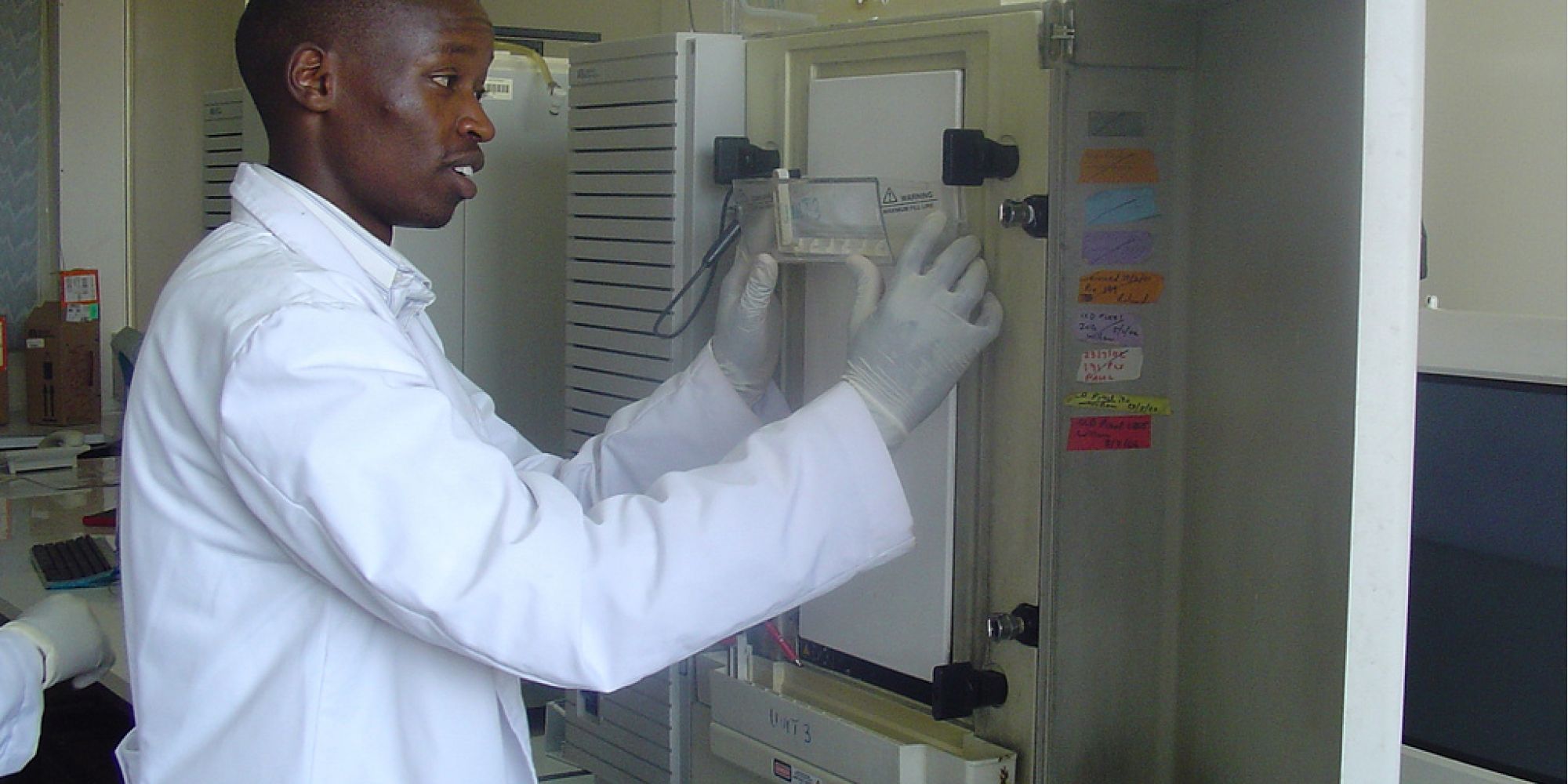
Access to Value-Added Research Services
IMIC-Africa members will have reduced-cost access to various research support services from CIMMYT, some of which are otherwise not commonly available to external partners, due to limited capacity. These services include maize Doubled Haploid (DH) production, specialized phenotyping services, quality assurance/quality control (QA/QC) using molecular markers, trait-specific marker analysis, nutritional quality trait analysis, and biometrics support among others.
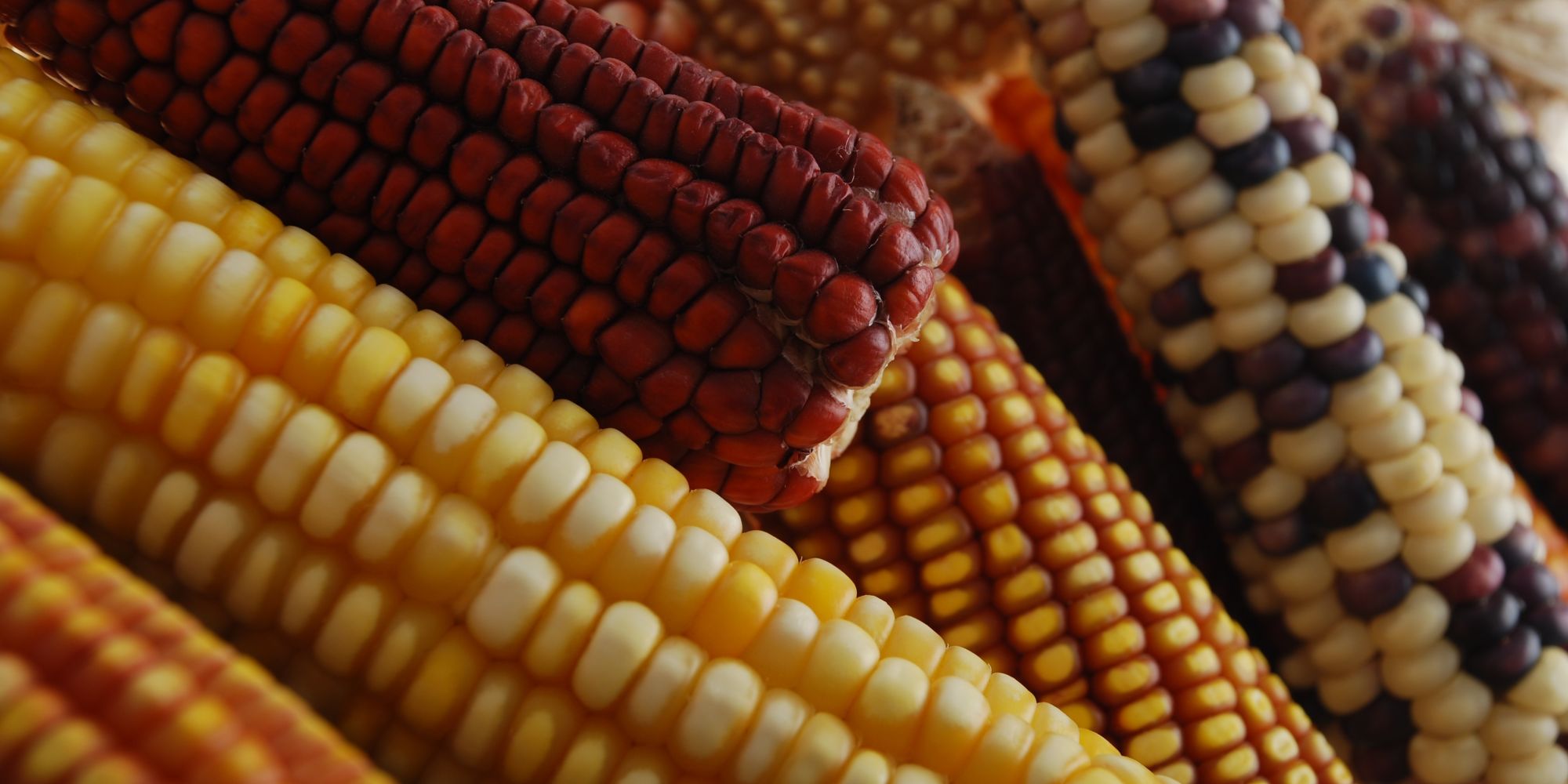
Access to CIMMYT maize breeding materials
IMIC-Africa membership provides members with expanded access to CIMMYT breeding materials, namely early generation inbred / DH lines, Stage 2 breeding materials, and trait donors, as well as more advanced lines, such as coded inbred / DH lines, that have gone into Stage 3 or regional trials. Members are allowed to select a limited number of such lines each year, depending on their respective tier.
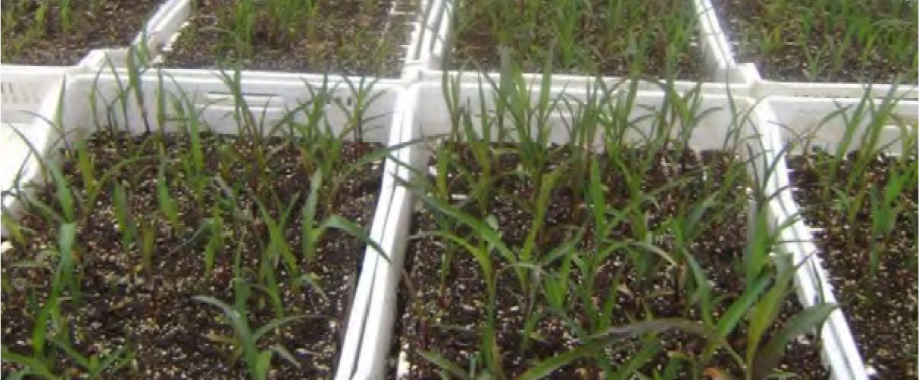
DH development service
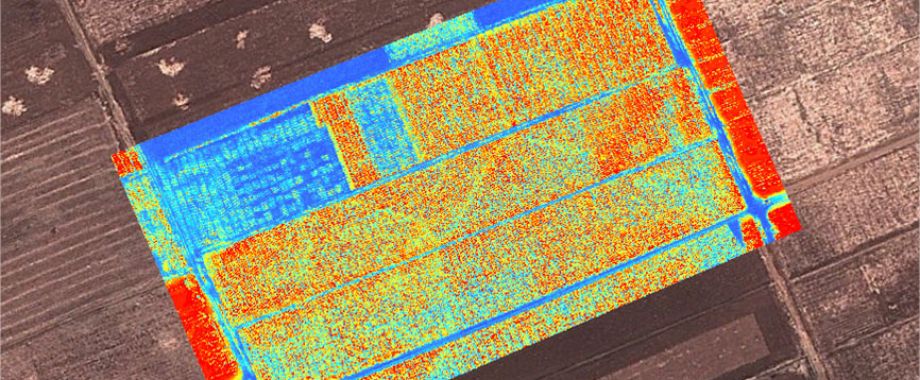
MLN Phenotyping service
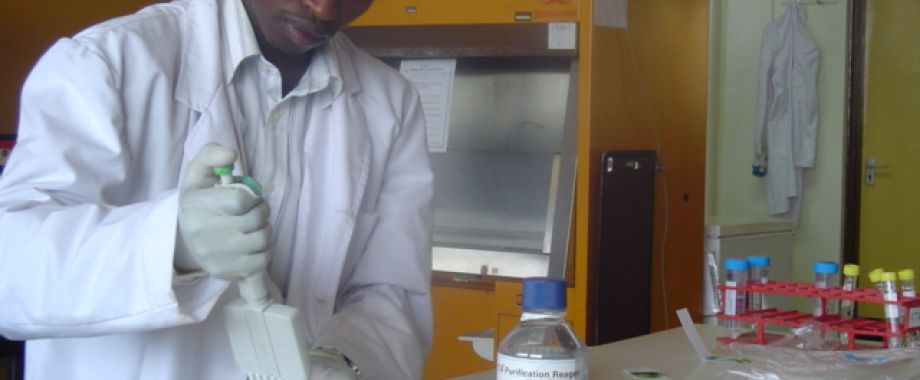
Quality Assurance / Quality Control using Molecular Markers
Coming Soon
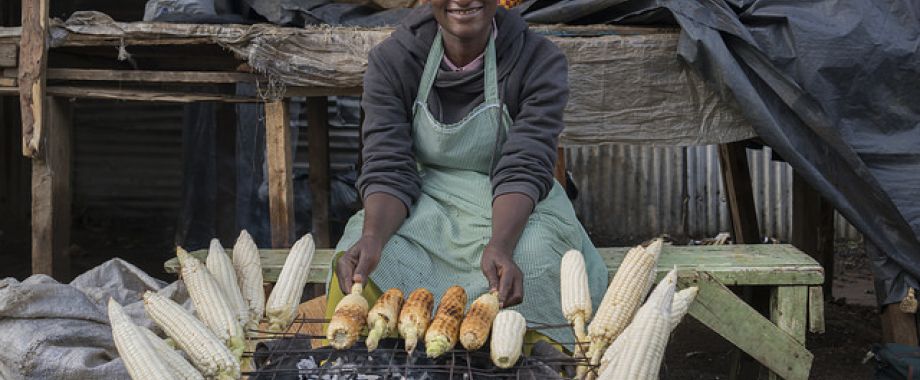
Trait-specific marker analyses
Coming Soon
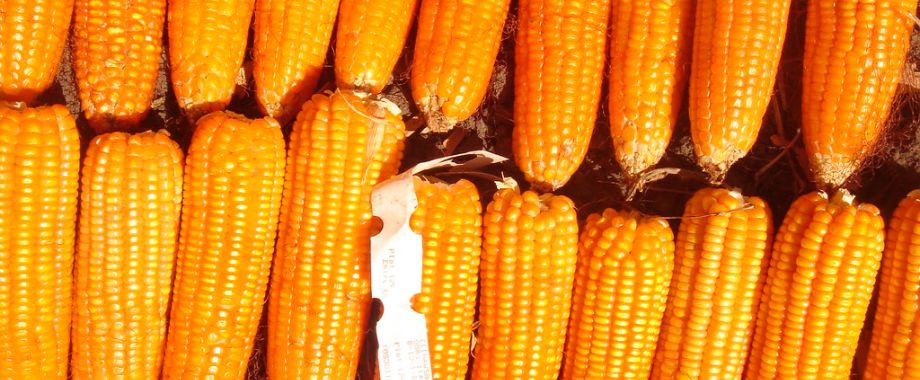
Nutritional & Industrial Quality Trait Analyses
Coming Soon
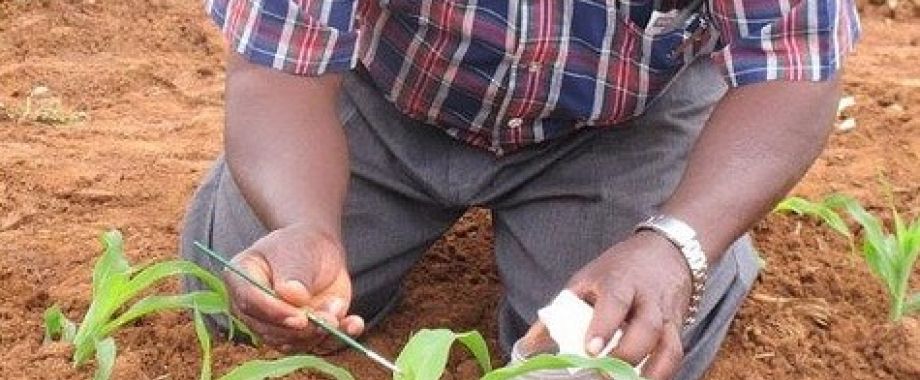
Biometrics Support and Other Services
Coming Soon
Frequently Asked Questions
IMIC-Africa members access information on maize improvement, hold face-to-face meetings to exchange ideas, visit germplasm development efforts and selects materials under development for use in their breeding programs, jointly test germplasm in a network, and access training opportunities and other germplasm development services offered by CIMMYT. The consortium is mostly funded through annual membership fees paid by its private-sector members, with some benefits subsidized through CIMMYT’s bilateral projects and CRP MAIZE funding.
IMIC-Africa membership is open to all National Agriculture Research Systems (NARS) and seed companies who have or are planning to develop maize improvement programs targeting African agroecologies.
Apply to the Director of the CIMMYT Global Maize Program through the “Contact Us” section on this website.
It depends on what kind of seed you are interested in.
- A seed company or NARS needs to be an IMIC-Africa member to access seed of unfinished maize lines from CIMMYT’s breeding programs. This includes early and advanced generation maize lines from testing stages 1 through 4 and that have not (yet) been advanced to CML status.
- A seed company or NARS does not need to be an IMIC-Africa member to access seed of public goods including CIMMYT Maize lines (CMLs). CMLs are available via the CIMMYT Genebank.
- A seed company or NARS does not need to be an IMIC-Africa member to access seed of elite pre-commercial maize products hybrids allocated to it through the product allocation process. Prospective licensees may CLICK HERE for more information about the application process for registration and commercialization licenses of CIMMYT maize hybrids.
No. A seed company or NARS does not need to be a member of IMIC-Africa to access training opportunities from CIMMYT. However, training events normally have a limited capacity, and IMIC-Africa members, are granted preferential access. IMIC-Africa members may also be entitled to discounts in meeting training costs. Visit the CIMMYT Academy for more information.
Yes. Non IMIC-Africa members have access to CIMMYT Maize Lines (CMLs), which are considered international public goods through standard material transfer agreements (SMTA). You may contact the CIMMYT Genebank for more information.
Yes. A seed company or NARS does not need to be an IMIC-Africa member to access seed of elite pre-commercial maize products hybrids allocated to it through the product allocation process. Prospective licensees may CLICK HERE for more information about the application process for registration and commercialization licenses of CIMMYT maize hybrids.
No. A seed company or NARS needs to be an IMIC-Africa member to access seed of “materials under development” from CIMMYT, specifically our unfinished early- and advanced-generation maize lines from testing stages 1 through 4 that have not (yet) been advanced to CML status.
IMIC-Africa membership is open to NARS who have maize breeding programs.
NARS institutions and public sector universities in Africa that provide substantial in-kind contributions in support of CIMMYT GMP breeding and/or seed systems operations will have the option of joining IMIC-Africa with all Tier 1 benefits and obligations, but with no membership fee payment required (Honorary Members).
Other NARS institutions that do not make substantial in-kind contributions to CIMMYT’s maize breeding and seed systems operations potentially can become IMIC-Africa Honorary Members with Tier 4 benefits and obligations.
Membership to IMIC-Africa is based on four Tiers, based on annual improved maize seed production and marketing capacity, as below:
|
Tier |
Maize seed production and marketing capacity |
Annual membership fee (Private sector) |
Public sector membership |
|
Tier 1 |
4,000 tons or more |
$50,000 |
Honorary membership by nomination only |
|
Tier 2 |
More than 1,000 tons but less than 4,000 tons |
$20,000 |
N/A |
|
Tier 3 |
More than 500 tons but less than 1000 tons |
$10,000 |
N/A |
|
Tier 4 |
Less than or equal to 500 tons |
$5,000 |
No fee |
No. Members are expected to make annual contribution by 30th April each year. If a seed company joins the Consortium after 1st May from any given year, the company will have to still pay the full-year membership fee for that year.
Materials under development are improved Africa-adapted maize germplasm including CIMMYT-derived early-generation, advanced inbred lines and DH lines to be provided to IMIC-Africa members under the terms of the SMTA. Such germplasm will contain combinations of relevant core traits, including different maturities, high grain yield, drought tolerance, nitrogen use efficiency, and resistance to key diseases among other including insect-pests, high-density tolerance, heat stress tolerance, and nutritional quality traits.
IMIC-Africa members are entitled to receive 50 seeds of a determined number of maize lines under development, of their choosing, from the CIMMYT breeding programs in Africa. The number of lines available to each member is determined by the Membership Tier, as below:
|
|
Tier 1 |
Tier 2 |
Tier 3 |
Tier 4 |
|
Total number of early-generation inbred / DH lines (Stage 2 and trait donors (“CIMMYT Lines”) available per Consortium member |
100 |
50 |
25 |
0 |
|
Total number of advanced / coded lines (inbred or DH) that have gone into Stage 3 or regional trials |
50 |
50 |
25 |
25 |
Phase I of IMIC-Africa is planned to go through 30th April 2021. Membership is effective as of 1st May of the year of joining (2018-19; 2019-20; 2020-21), subject to signing of MoA and payment of membership fee. By the end of Phase I, we will have made plans for Phase II to allow for continued membership under a revised membership agreement, considering the lessons learned during Phase I.
Benefits and Obligations of Joining IMIC
IMIC-Africa membership is open to all organized and registered private commercial seed companies, corporations, and organized and registered public agencies or organizations involved in maize crop research and improvement, hybrid seed production or maize seed marketing.
Privileges
As a member, the Consortium Member is eligible to have preferential access to:
- Early generation CIMMYT improved maize germplasm (CGIAR materials-under-development)
- Multi-location phenotyping/testing of their hybrids across an expansive network
- Group training on prioritized areas related to maize breeding and seed systems, on a discounted/cost-recovery basis
- Value-added research and breeding services at reduced rates
Obligations
IMIC-Africa members are expected to:
- Advise CIMMYT on important breeding and product priorities relevant to Africa
- Indicate interest in trials and germplasm to CIMMYT on a timely basis for better planning
- Contribute and manage one or more testing sites to the multi-location hybrid evaluation network
- Provide CONFIDENTIAL feedback on performance of CIMMYT maize germplasm sourced through IMIC-Africa; and on the trials, variety and hybrid performance, variety release, seed production and germplasm use with regard to materials derived from CIMMYT maize germplasm. This information is kept confidential by CIMMYT, and shall be used only for meta-analysis of the impact of CIMMYT maize germplasm
- Support the Consortium activities with an annual membership fee
Governance
IMIC-Africa is coordinated by the International Maize and Wheat Improvement Center (CIMMYT), with an eastern Africa and a southern Africa focal point, each reporting to the Director of CIMMYT’s Global Maize Program. IMIC-Africa is led by a Steering Committee comprised of nine members, including:
- CIMMYT Global Maize Program Director (Chairperson)
- Four elected representatives from private sector institutions, one from each of the four Tiers, rotating once each year;
- Up to two NARS representatives selected by CIMMYT, one each from eastern Africa and southern Africa, rotating the membership to different institutions once each year
- CIMMYT eastern Africa focal point
- CIMMYT southern Africa focal point
- Member-Secretary (from CIMMYT)
The Committee meets at least twice each year, virtually and/or in person, to discuss progress made and to resolve any issues relating to IMIC-Africa operations.
